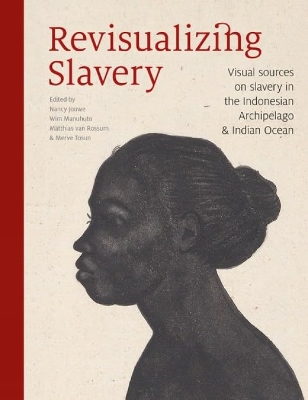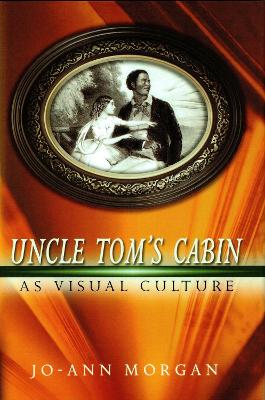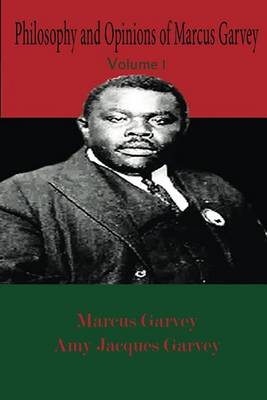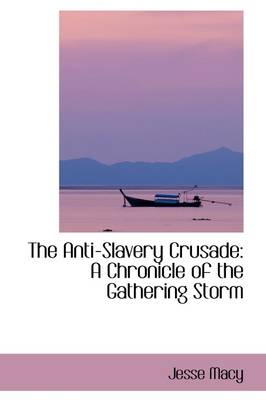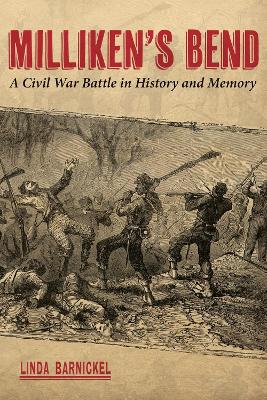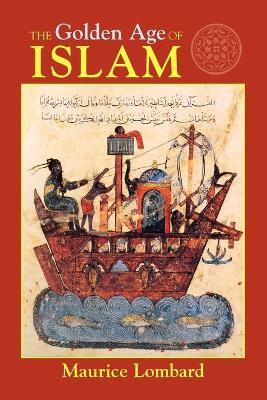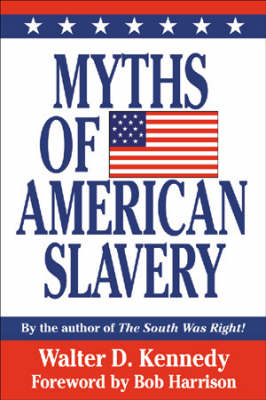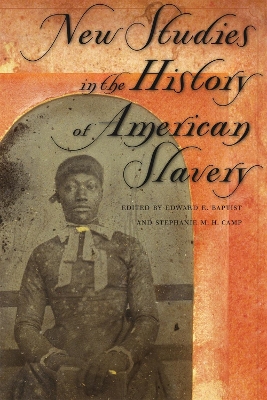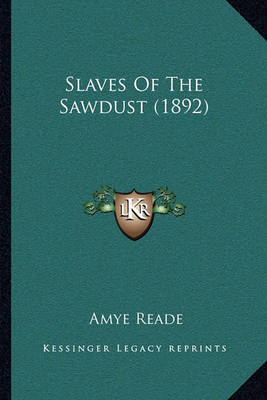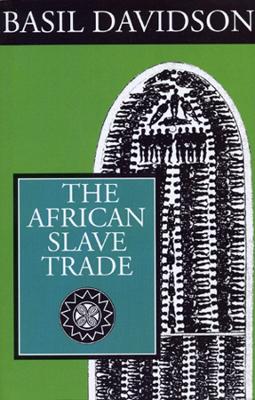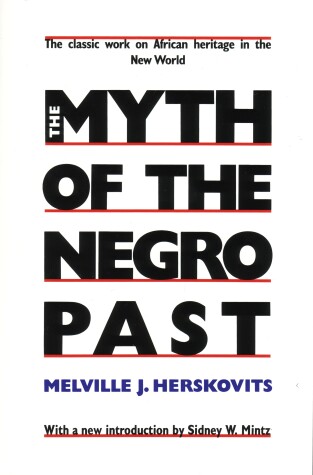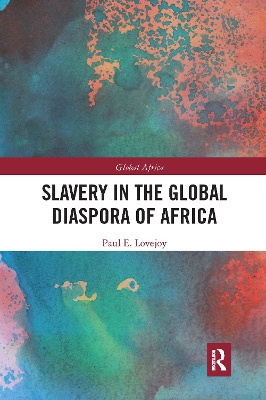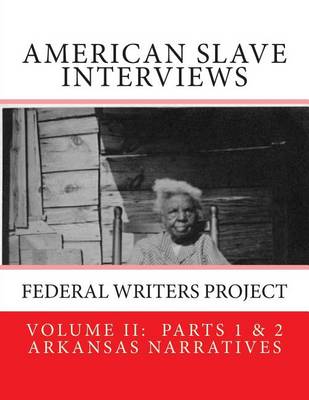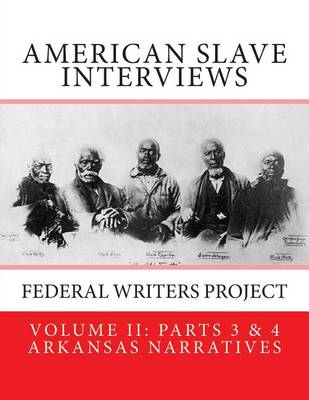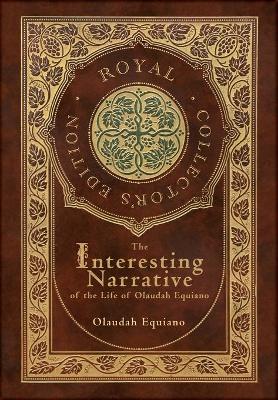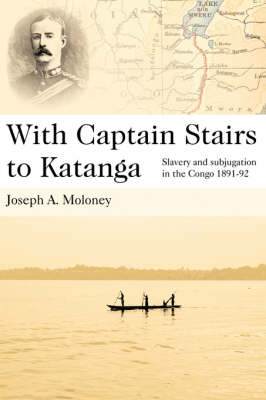Documents Illustrative of the History of the Slave Trade to America
by William T. Ross
Bringing together more than 400 poems and poetic excerpts on slavery by writers both famous and unknown, this landmark anthology charts the emergence of slavery in the collective consciousness of the English-speaking world. “The most definitive collection of anti-slavery sentiment in verse yet compiled, essential reading for historians and literary critics alike. . . . A major contribution.”—Henry Louis Gates, Jr., Harvard University “An astounding literary and editorial achievement.”—David Blig...
By personalizing the experiences of American slaves, Harriet Beecher Stowe’s Uncle Tom’s Cabin had a profound effect on public attitudes toward slavery on the eve of the Civil War, but Stowe’s narrative was not the whole story. Jo-Ann Morgan now reveals how prints and paintings of Uncle Tom and other characters in the novel also shaped public perceptions and how this visual culture had its own impact on history.Through illustrations in various editions of the book, advertisements for stage produ...
Milliken's Bend
At Milliken's Bend, Louisiana, a Union force composed predominantly of former slaves met their Confederate adversaries in one of the bloodiest small engagements of the war. This important fight received some attention in the North and South but soon drifted into obscurity. In Milliken's Bend, Linda Barnickel uncovers the story of this long-forgotten and highly controversial battle. The fighting at Milliken's Bend occurred in June 1863, about fifteen miles north of Vicksburg on the west bank of...
Maurice Lombard portrays the Islamic world as the center of civilization at a time when the West was primitive and backward. Its reach extended from Cordoba to Samarkand, and it maintained and developed the tradition of wealth, cultural and artistic achievement, and thriving urban life which it had absorbed from its predecessors, the civilizations of Greece, Egypt, and Persia and the ancient cities of the Middle East. It is this Islamic economy and civilization which the author portrays at its h...
New Studies in the History of American Slavery
A new generation of scholars looks at the history of slavery in the New World. These essays, by some of the most prominent young historians writing about slavery, fill gaps in our understanding of such subjects as enslaved women, the Atlantic and internal slave trades, the relationships between Indians and enslaved people, and enslavement in Latin America. Inventive and stimulating, the essays model the blending of methods and styles that characterizes the new cultural history of slavery's socia...
Basil Davidson states that by examining three important areas of Africa in the history of slavery 'against a general background of their time and circumstance' he was taking 'a fresh look at the oversea slave trade, the steady year-by-year export of African labour to the West Indies and the Americas that marked the greatest and most fateful migration - forced migration - in the history of man.' North America: Times/Random House
A Frail Liberty (France Overseas: Studies in Empire and Decolonization)
by Tessie P. Liu
A Frail Liberty traces the paradoxical actions of the first French abolitionist society, the Société des Amis des Noirs (Society of the Friends of Blacks), at the juncture of two unprecedented achievements of the revolutionary era: the extension of full rights of citizenship to qualifying free men of color in 1792 and the emancipation decree of 1794 that simultaneously declared the formerly enslaved to be citizens of France. This society helped form the revolution’s notion of color-blind equalit...
An Appeal to the Religion, Justice, and Humanity of the Inhabitants of the British Empire
by William Wilberforce
Almost fifty years ago Melville Herskovits set out to debunk the myth that black Americans have no cultural past. Originally published in 1941, his unprecedented study of black history and culture recovered a rich African heritage in religious and secular life, the language and arts of the Americas.
The collective significance of the themes that are explored in Slavery in the Global Diaspora of Africa bridge the Atlantic and thereby provide insights into historical debates that address the ways in which parts of Africa fitted into the modern world that emerged in the Atlantic basin. The study explores the conceptual problems of studying slavery in Africa and the broader Atlantic world from a perspective that focuses on Africa and the historical context that accounts for this influence. Pau...
American Slave Interviews - Volume LL Parts 1 & 2
by Federal Writers' Project
American Slave Interviews - Volume LL Parts 3 & 4
by Federal Writers' Project
Cliffsnotes on Douglass' Narrative of the Life of Frederick Douglass
by John Chua
The original CliffsNotes study guides offer expert commentary on major themes, plots, characters, literary devices, and historical background. The latest generation of titles in the series also feature glossaries and visual elements that complement the classic, familiar format.In CliffsNotes on Narrative of the Life of Frederick Douglass, you'll meet the inspirational man who was born into a family of slavery in early America, educated himself through sheer determination and wiles, and went on...


